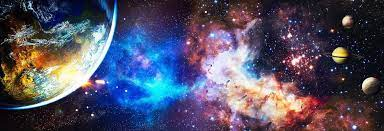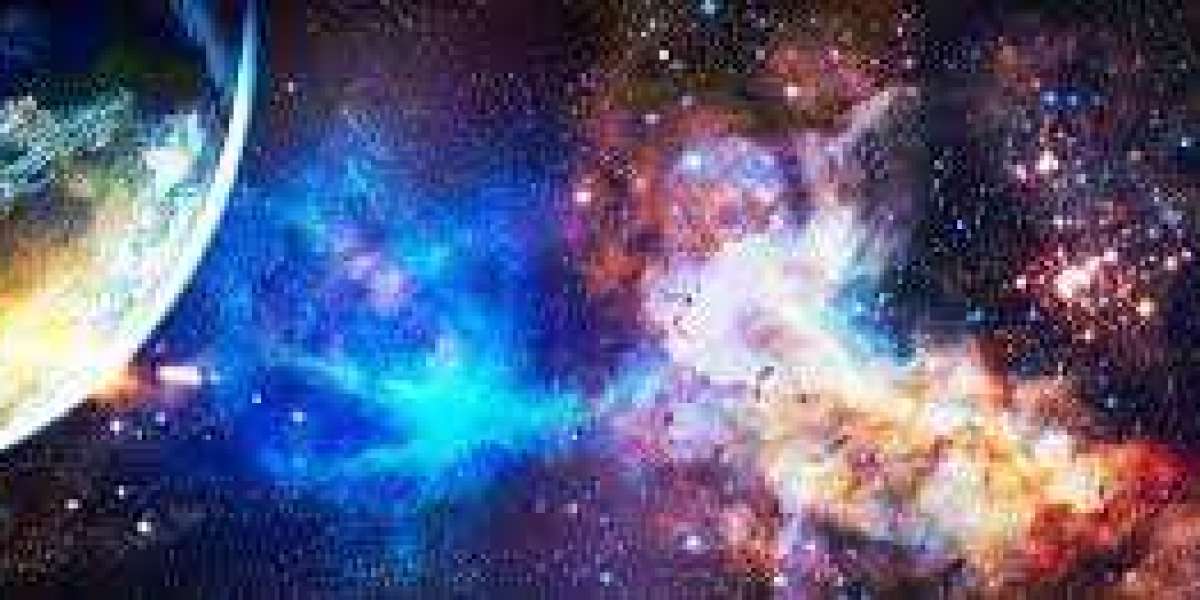Cosmology, the study of the origin, evolution, and eventual fate of the universe, stands as one of the most awe-inspiring fields in physics. As we gaze into the vastness of the night sky, questions about the nature of our existence and the universe's grand design naturally arise. In this article, we embark on a cosmic journey, exploring the fundamental concepts of cosmology and the mysteries that continue to captivate scientists and stargazers alike.

Body:
Cosmology begins with the big questions: How did the universe begin? What is its current state, and what will be its ultimate fate? The prevailing theory is the Big Bang, an event that occurred approximately 13.8 billion years ago. This explosive moment marked the birth of the universe, with space and time rapidly expanding from an incredibly dense and hot state.
The expansion of the universe is an ongoing phenomenon, observed through the redshift of distant galaxies. As space expands, it carries galaxies away from each other, and this cosmological redshift provides key evidence for the Big Bang theory. The rate of this expansion, known as the Hubble constant, is a crucial parameter in understanding the dynamics of the cosmos.
The cosmic microwave background (CMB) radiation is another cornerstone of cosmology. This faint glow permeates the universe and represents the afterglow of the Big Bang. Studying the CMB allows scientists to explore the early conditions of the universe and provides valuable insights into its composition and evolution.
Dark matter and dark energy, though comprising the majority of the universe's content, remain elusive. Dark matter, which does not emit, absorb, or reflect light, exerts gravitational influence, shaping the large-scale structure of the cosmos. Dark energy, on the other hand, is believed to drive the accelerated expansion of the universe, presenting one of the greatest enigmas in modern astrophysics.
Cosmic inflation, a theory proposing a rapid expansion in the early moments of the universe, helps address certain cosmological puzzles, such as the uniformity of the CMB and the large-scale structure of the cosmos. While inflationary cosmology provides a compelling framework, it also raises new questions about the nature of fundamental forces and particles.
Conclusion:
Cosmology invites us to contemplate the profound mysteries of our existence and the cosmos. From the explosive birth of the universe to the enigmatic forces that govern its expansion, the journey of exploration continues. As telescopes peer deeper into space and advanced instruments reveal more about the fabric of the cosmos, cosmology stands as a testament to human curiosity and the relentless pursuit of understanding our place in the vastness of the universe.








